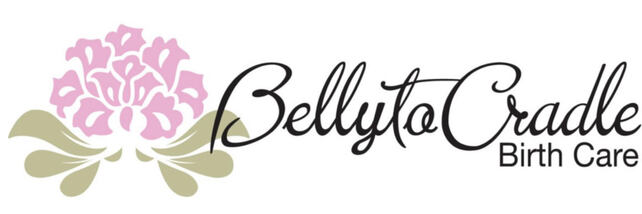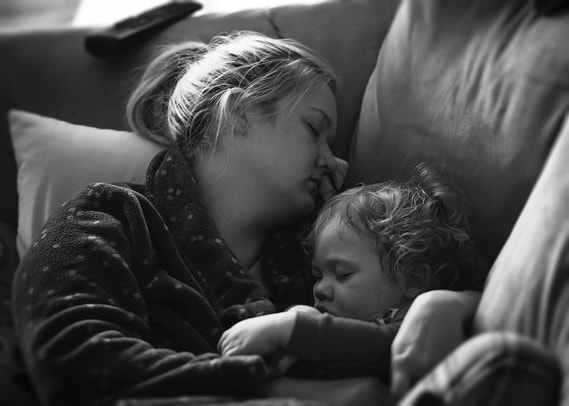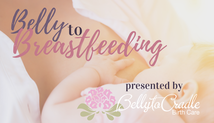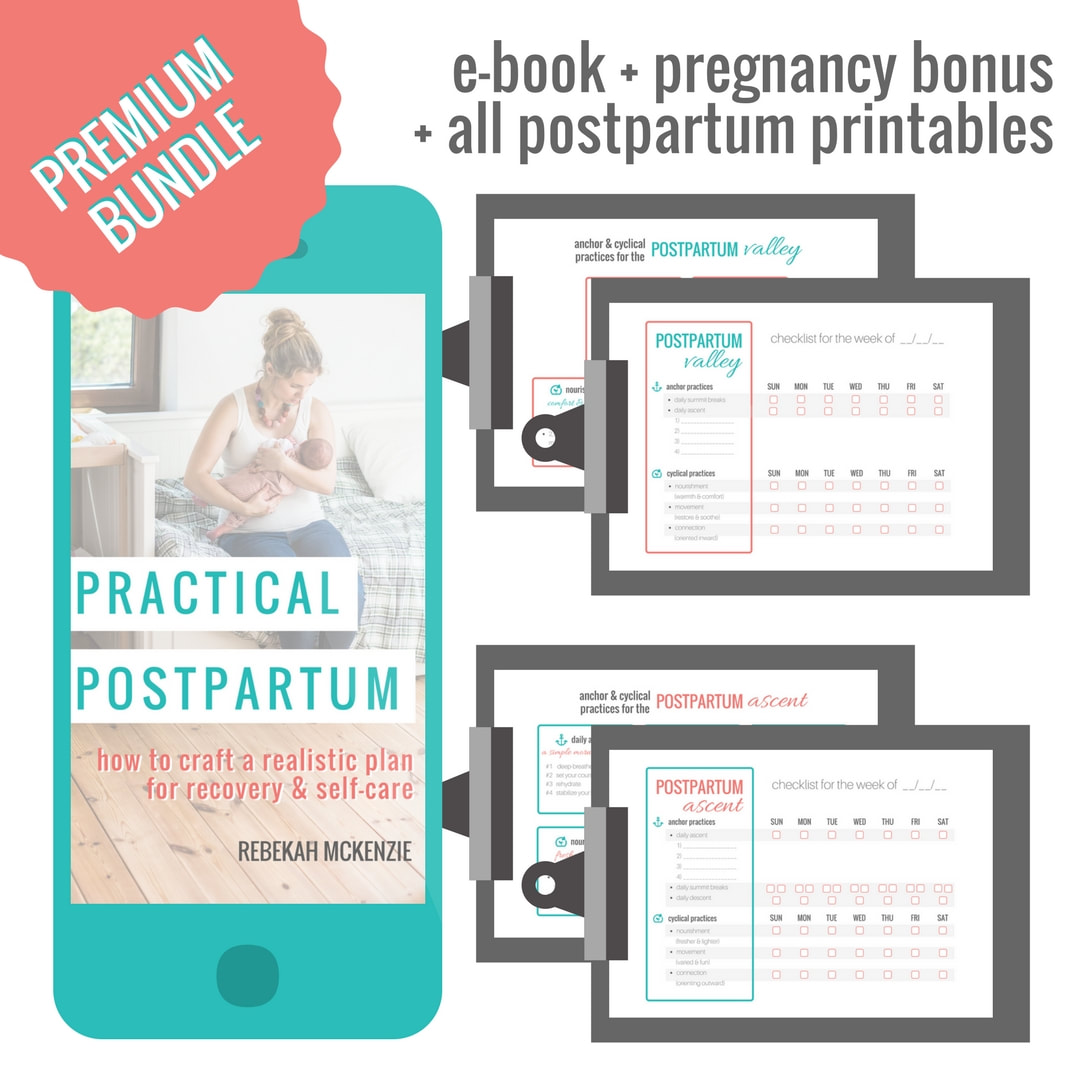|
Have you experienced the “mombie” (mom+zombie) state yet? You’re so tired from lack of sleep that you feel only barely alive and functional, easily confused and unable to focus. You feel like all you do is feed the baby in the same spit-up stained t-shirt and yoga pants you've worn for two days--or is it three now? You can't find your phone and you can't remember when you actually ate a full meal, had more than three hours of consecutive sleep, or took a shower. Why is it that motherhood is synonymous with sleep loss? There are actually two sets of circumstances surrounding the beginning of motherhood that seem to set the stage for being so dang tired: late pregnancy and early postpartum. At the end of pregnancy, several factors culminate in prenatal insomnia. You may find it difficult to get comfortable during the night. When and if you do get comfortable enough to sleep, you may be disturbed by leg cramps, heartburn, baby kicks, or an increased need to urinate. Additionally, you may find that once you’re settling in and powering down to sleep, your mind kicks into gear with all the nesting tasks you have left to complete and maybe even anxieties surrounding giving birth or those newborn weeks. Just after the birth of your baby, another set of circumstances emerges to cause the sleep deprivation for which early postpartum is so infamous. The most obvious factor is your baby waking you up, needing to feed or have a diaper change. This is partly due to your baby’s tiny stomach capacity and innate need to feed often, but it’s also due to the fact that your baby’s circadian rhythm (the sleep-wake cycle) hasn’t yet calibrated to match that of the other earthlings in your household. Baby is still used to being awake at random times in the darkness of your womb and isn’t accustomed to, or even capable of, sleeping for long stretches of time in the dark hours. And if you’re worried about baby’s health and safety, that can also contribute to poor sleep quality. So, what can we do? While knowing the causes of sleep loss can be helpful, let’s bridge the gap and cover some helpful tools. Some of these tools are in the category of prevention: keeping the causes of sleep loss at bay (or from occurring at all). Others are in the category of coping: acknowledging that “it is what it is” and taking some action to mitigate the effect of sleep loss. Preventing and Coping with Sleep Loss:
1 Comment
5/30/2023 02:54:18 pm
My 9-months-old used to wake up 4 to 5 times before midnight.
Reply
Leave a Reply. |
This is us.We are Women. We are Moms. We are here to help your family blossom. Archives
September 2019
Search
All
|
Building 4
Pensacola, Florida, 32504
We proudly provide
Childbirth Education, Placenta Encapsulation, Lactation Consultations & Doulas
in Pensacola, Milton, Pace, Gulf Breeze, Navarre, Crestview, Ft. Walton, Florida.
Copyright 2017, Belly to Cradle, LLC.
Photo Credits: Kayla Reeder Photography, Lynette Sanders Motherhood Photography,
Savanna Morgret Photography, Finding Beauty in the Ordinary Photography,
& New Light Birth Photography
|
|










